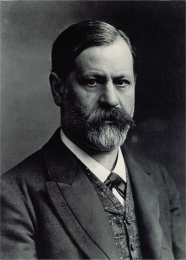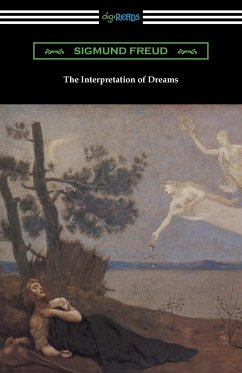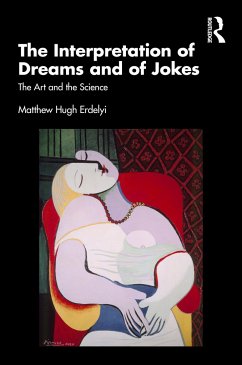
The Interpretation Of Dreams
Versandkostenfrei!
Versandfertig in 1-2 Wochen
34,99 €
inkl. MwSt.

PAYBACK Punkte
17 °P sammeln!
First published in 1899, Sigmund Freud's groundbreaking book, The Interpretation of Dreams, explores why we dream and why dreams matter in our psychological lives. The author introduces his theory of the unconscious with respect to dream interpretation, and discusses what would later become the theory of the Oedipus complex. Though its first publication was not well received, the subsequent editions gained recognition. it continues to remain a masterpiece.















